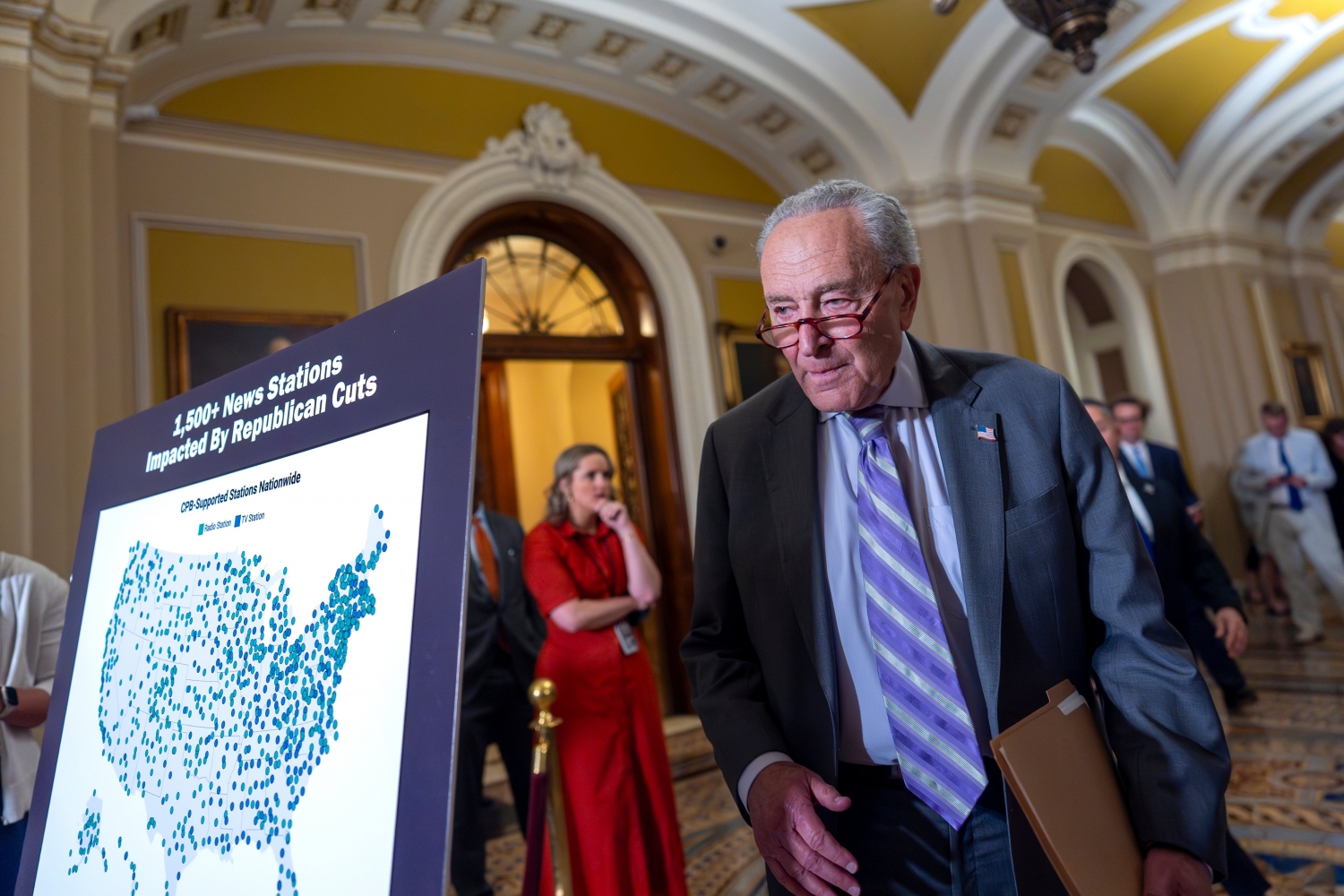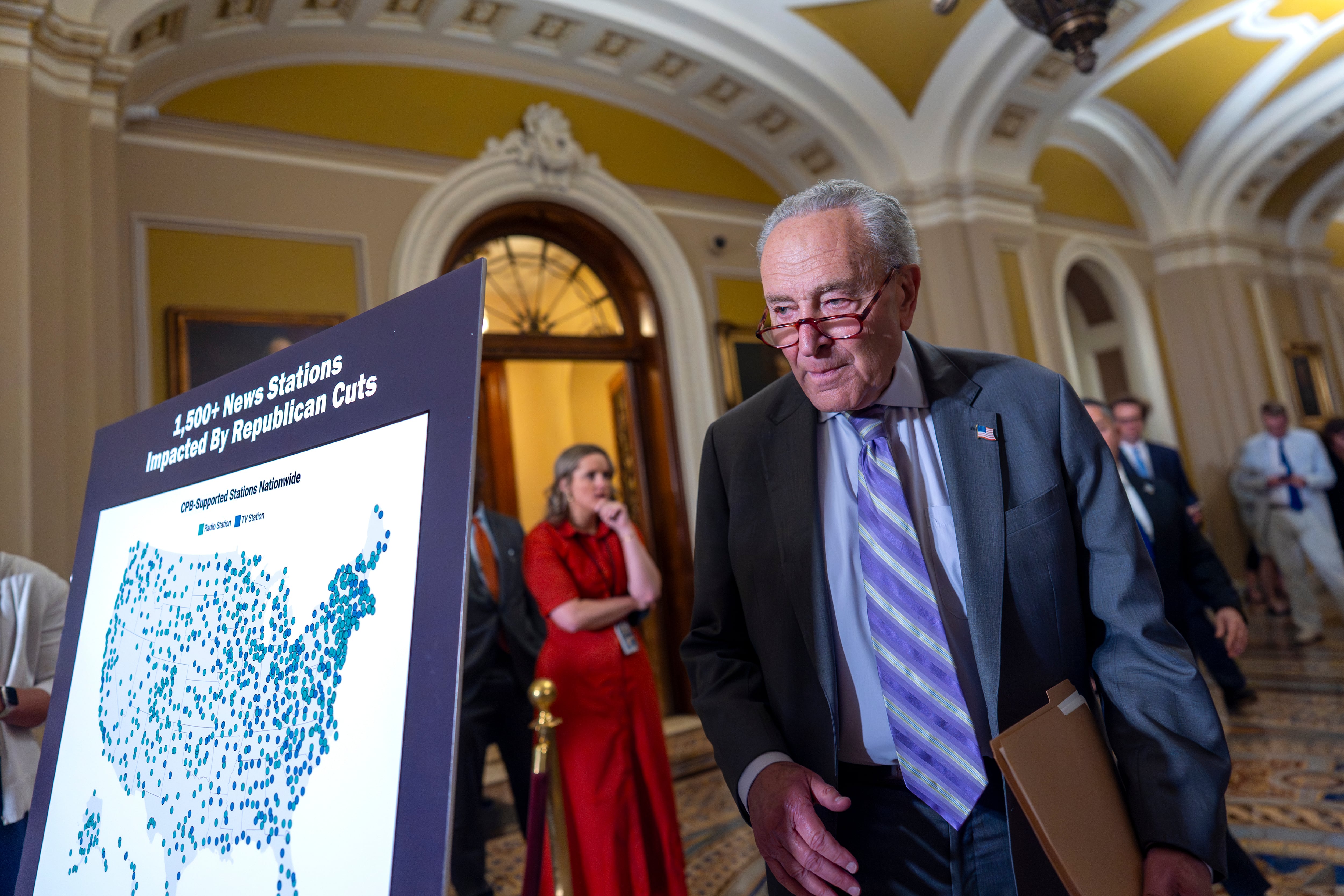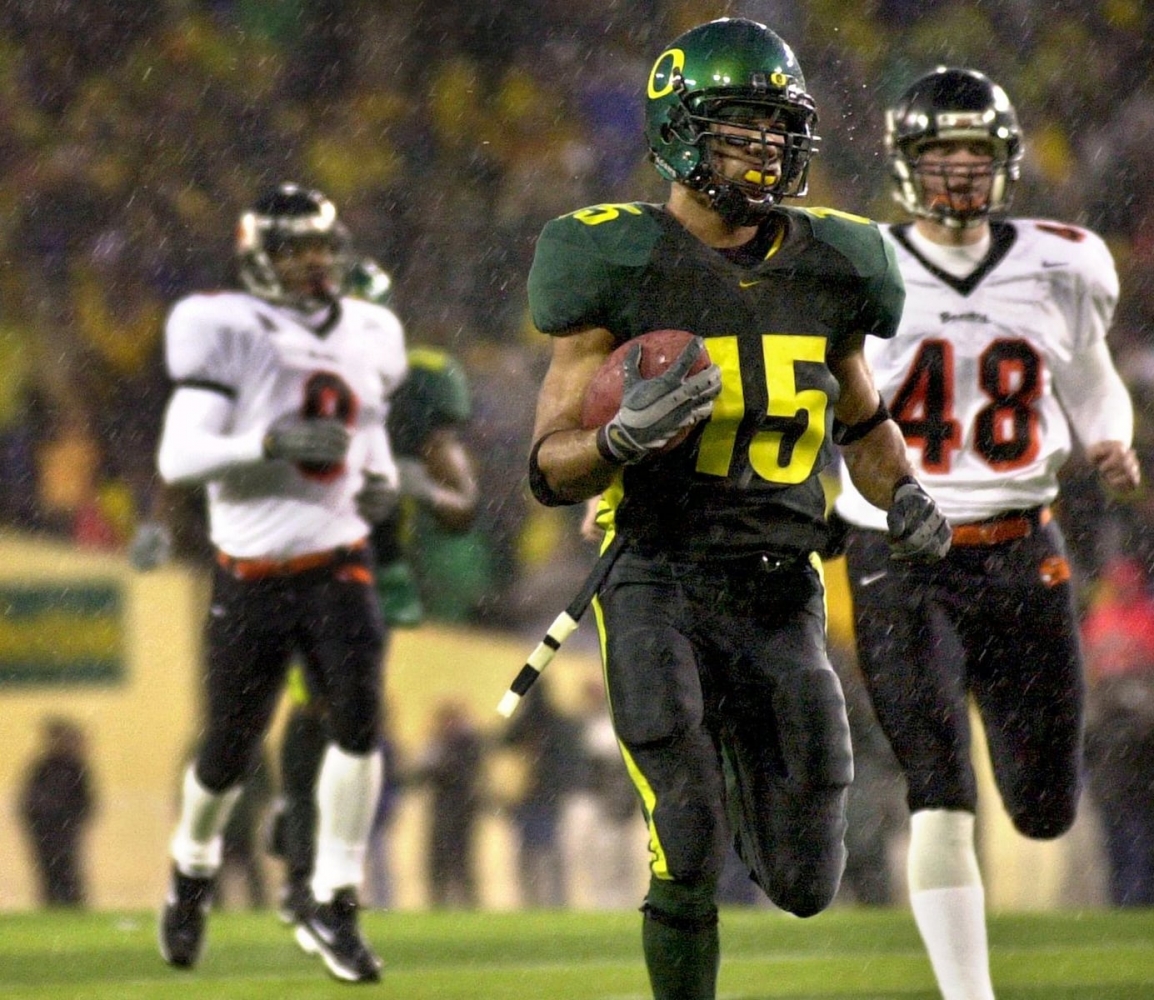

Published on: 07/16/2025
This news was posted by Oregon Today News
Description
Public media stations across the Pacific Northwest are bracing for financial cuts if the U.S. Senate votes to claw back federal funding for the Corporation for Public Broadcasting.

In rural communities and on tribal lands, these funds often pay for the only local reporting available and for broadcast equipment for the Emergency Alert System.
(Editor’s note: Oregon Public Broadcasting also receives about 9% of its funding from the Corporation for Public Broadcasting.)
KWSO, a radio station owned and operated by The Confederated Tribes of Warm Springs, could lose 40% of its operating budget if the rescission package is approved.
“We would continue to exist, but our operations [and] our offerings would be significantly cut back,” said station manager Sue Matters.
KWSO is one of the only sources of local and culturally specific radio programming on the Warm Springs Reservation.
“All our content for our programs that we produce locally are local, and so a good portion of that is specific to Warm Springs and the Warm Springs tribes,” Matters said. “Three distinct cultures. Three distinct languages.”
Two of the six staff members at KWSO are funded by the Corporation for Public Broadcasting, and Matters said the station’s first priority, if funding is rescinded, would be to find money to continue their positions.
KWSO also provides the Emergency Alert System for the Warm Springs area, informing the community about school and road closures and wildfire and snow events.
“We definitely play a critical role even in small things,” Matters said.
KWSO is part of a broader indigenous public media ecosystem, all at threat of losing funding if the rescission package goes through. Programming from Native Voice One — like daily news shows Native America Calling and National Native News — could be canceled or might become unaffordable to smaller stations like KWSO.
Northwest Public Broadcasting, or NWPB, operates radio and television across Washington state and pockets of Oregon and Idaho. About 20% of NWPB’s budget comes from federal funding.
Sueann Ramella, the broadcaster’s director of audience, said losing $2 million in Corporation for Public Broadcasting funding could hurt the NWPB’s ability to reach remote areas with emergency information during natural disasters like wildfire.
“No matter what, we are here to serve local rural communities that don’t have access to trusted information.”
She said NWPB’s leadership is prepared to make changes to programming.
“What I do see is, we’re going to need to be making some very strategic cuts and just about everything is on the table,” Ramella said.
“We have to make changes in order to protect the overall signal for local news, local content as much as possible,” she said. “If that means I have to make some programming changes and adjustments, maybe find cheaper shows or different programs, then that’s what we’re going to do.”
Compounding the challenges that NWPB would face if it lost federal support, it is also affected by ongoing budget cutbacks at its parent organization, Washington State University, which provides about 40% of its funding.”
“The university itself is looking at budget reductions. We are part of that,” said Ramella. “I know of no emergency funds as far as contingency plans. I do know that the future of this station and all public media is changed.”
Matters at KWSO says what’s most troubling isn’t just the short-term scramble for funding — it’s the long-term risk of dismantling an information ecosystem built over decades. “Public media and this circumstance is just an example of you don’t know what you’ve got until it’s gone. And sadly, I’m afraid if it does get gone, people are going to miss it.”
News Source : https://www.opb.org/article/2025/07/16/corporation-public-broadcasting-radio-pacific-northwest-rural-tribal-communities/
Other Related News
07/17/2025
CHESAPEAKE Va The two dozen or so nondescript gray white and blue buildings lining Virgin...
07/17/2025
When a midair collision and a series of radar outages captured attention in the United Sta...
07/17/2025
The Senate has passed a long-awaited fix for veterans designed to keep many from losing th...
07/17/2025
The OregonianOregonLive has compiled a list of nominees for an Oregon Ducks All-Quarter-Ce...
07/17/2025








